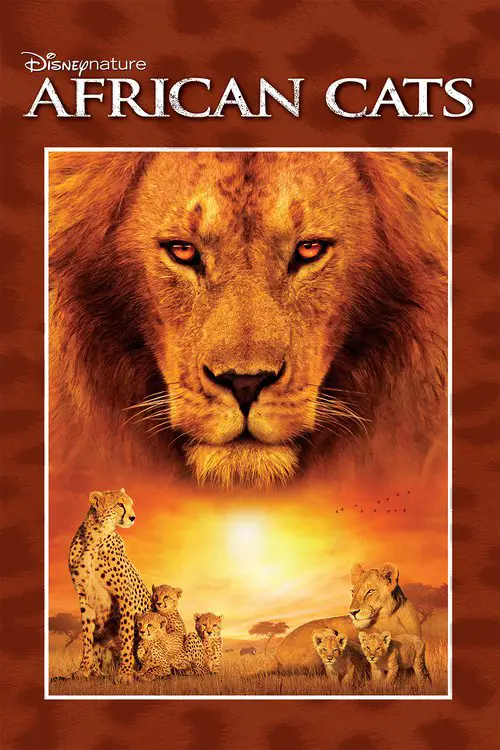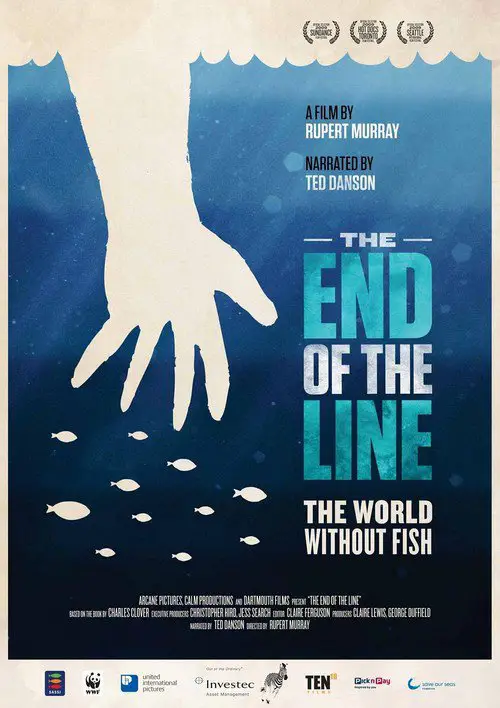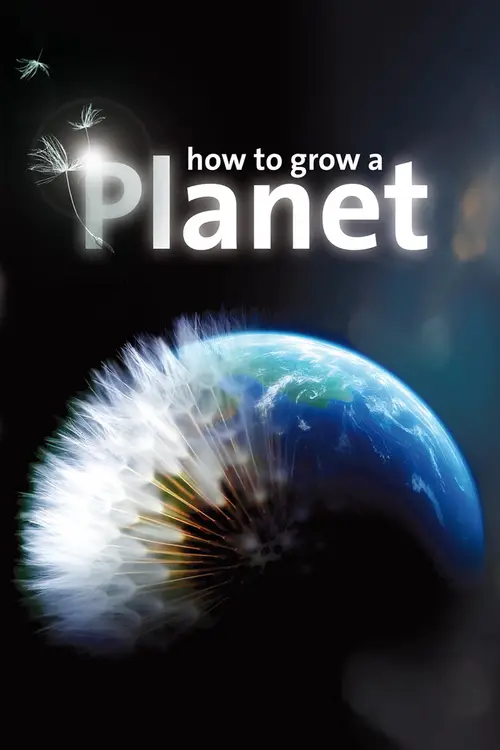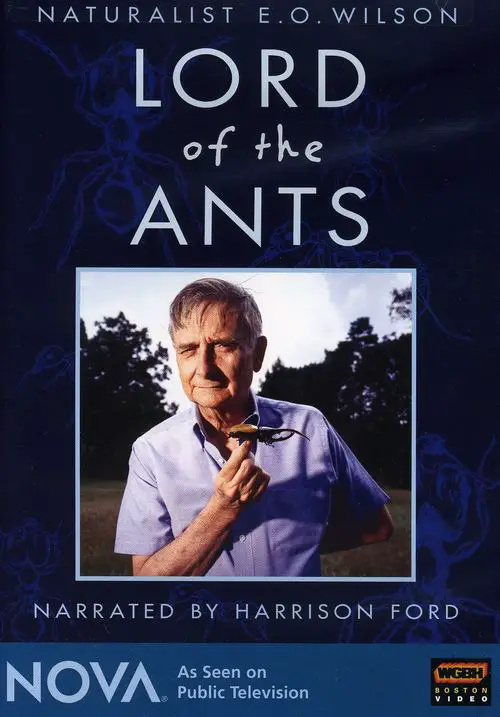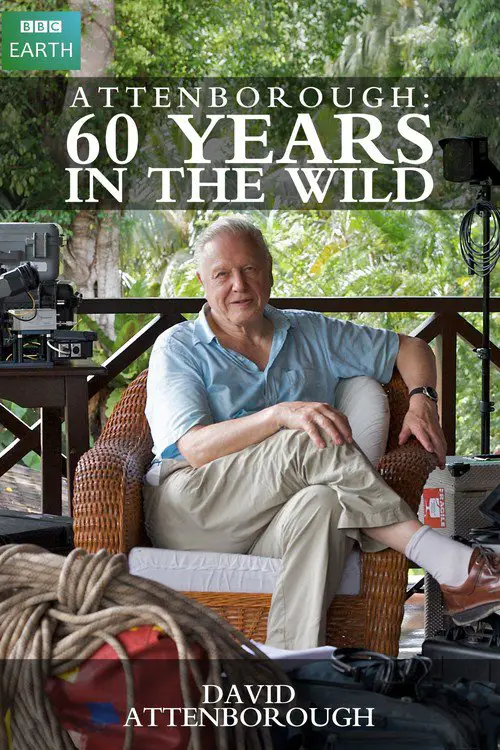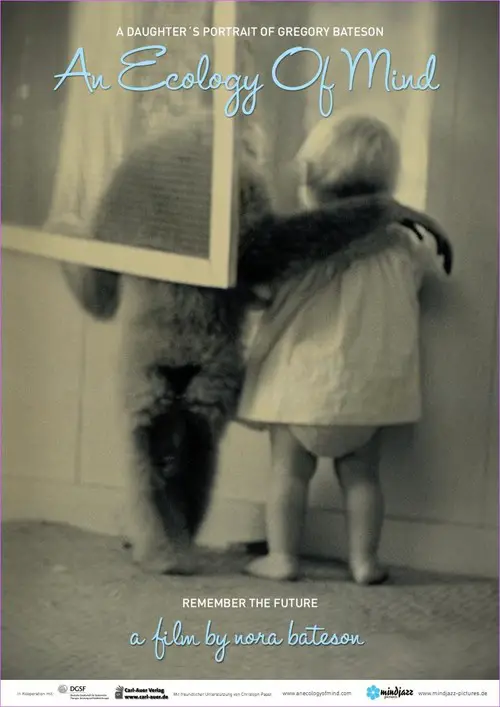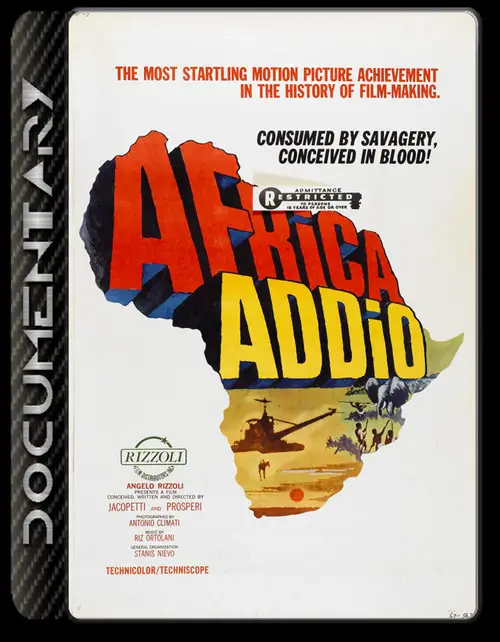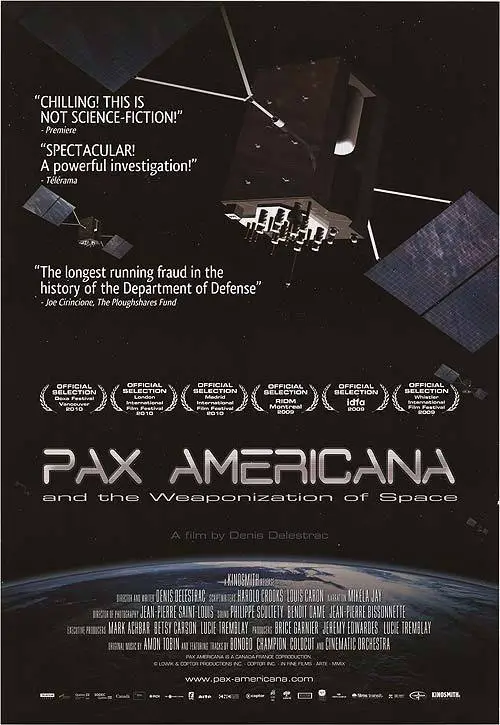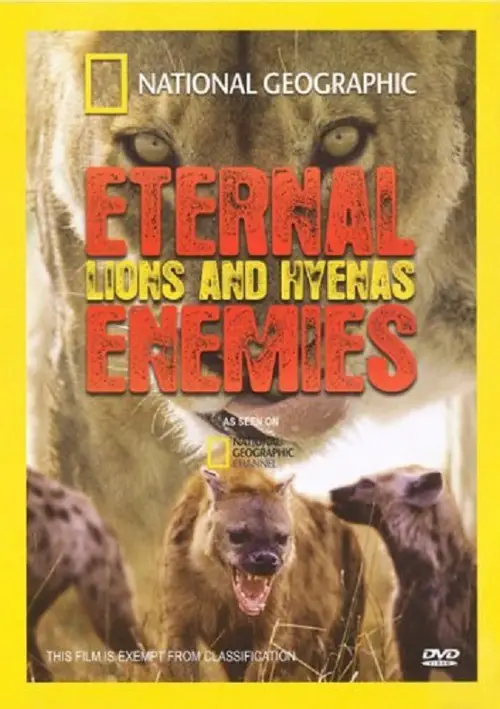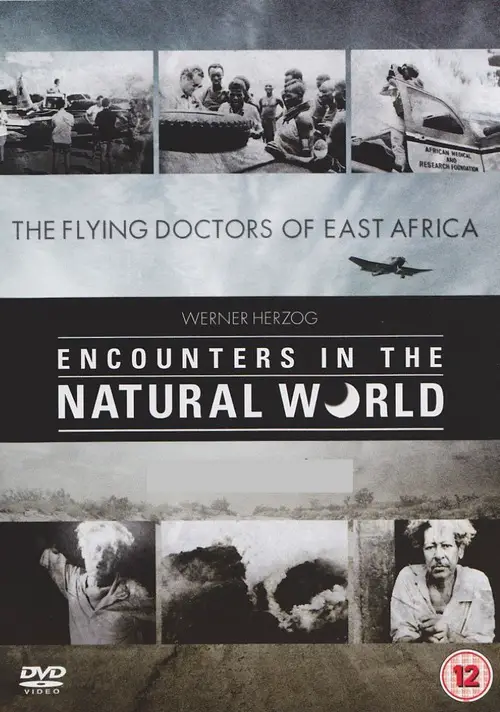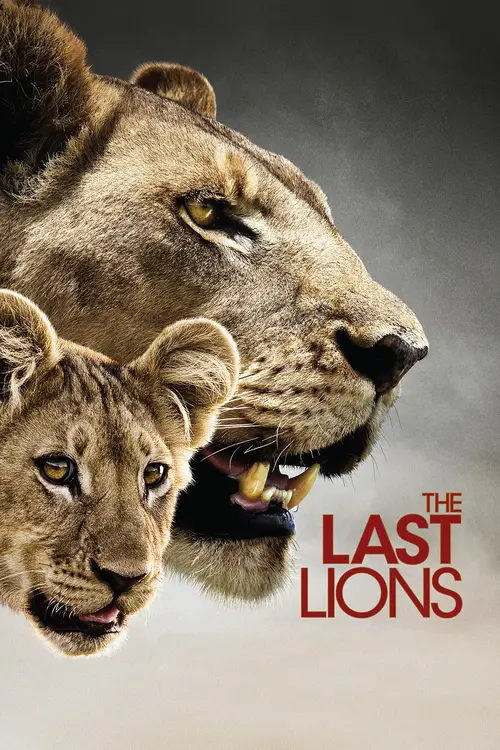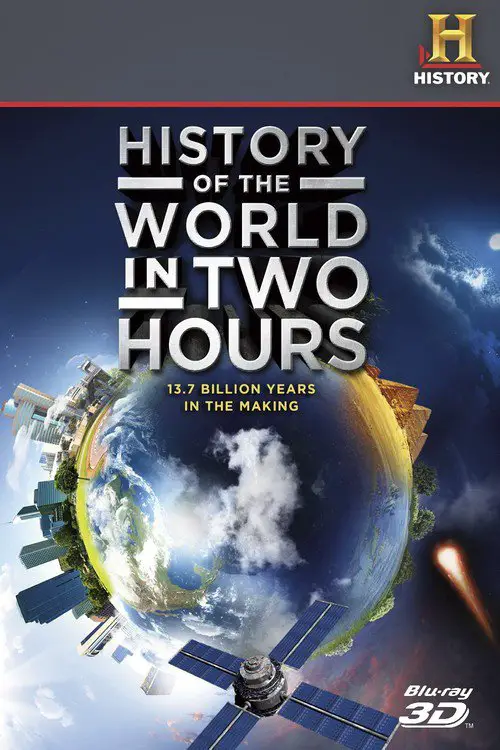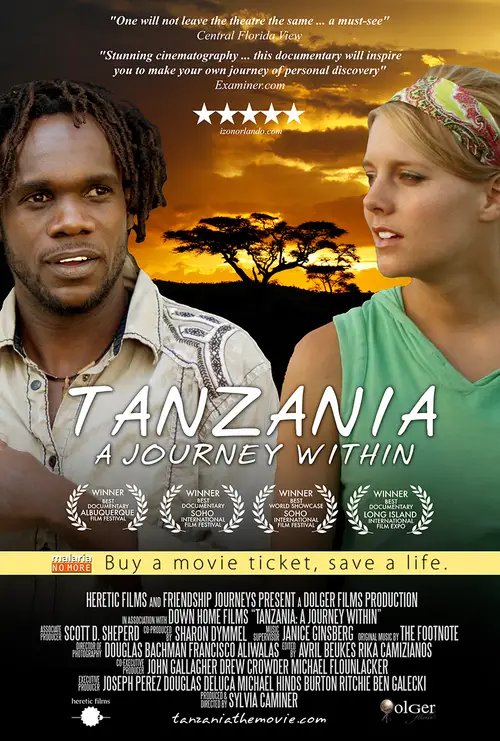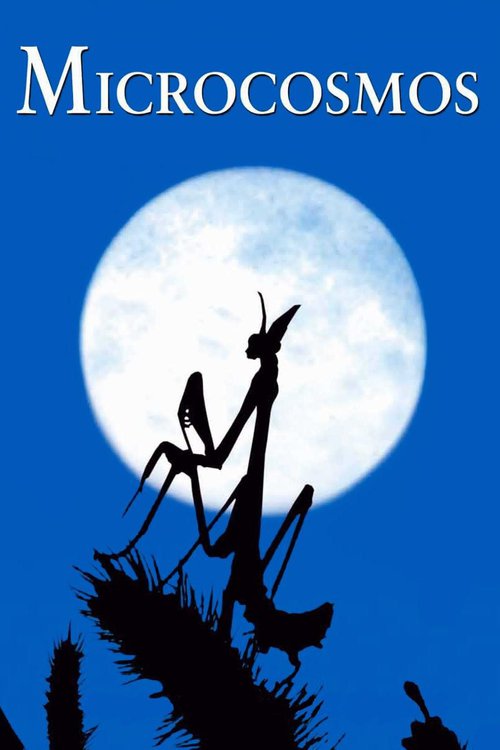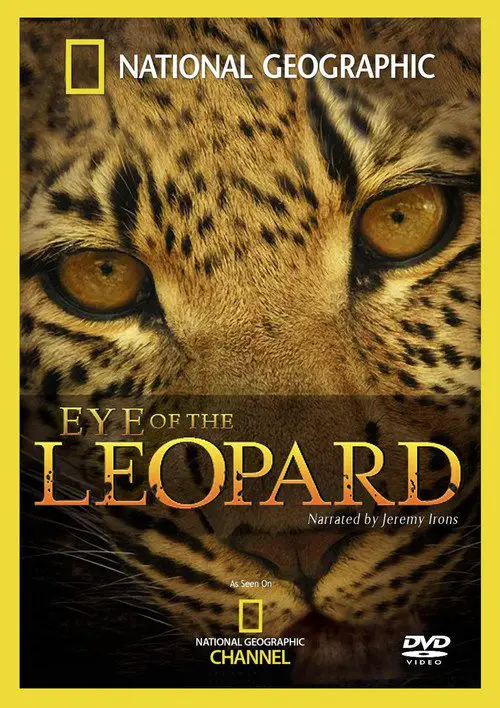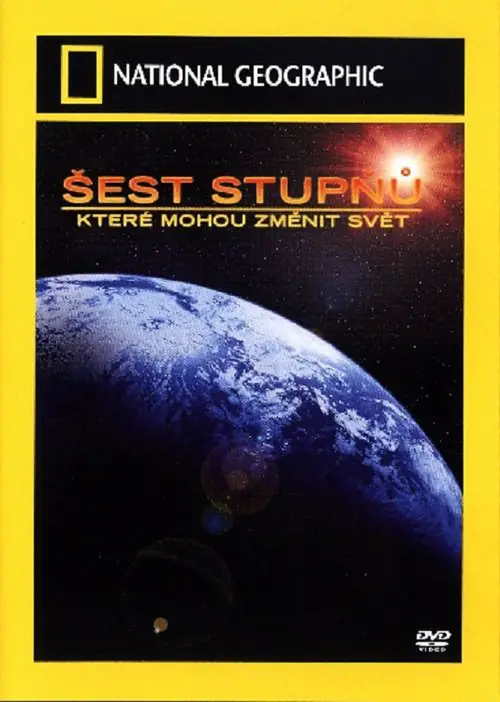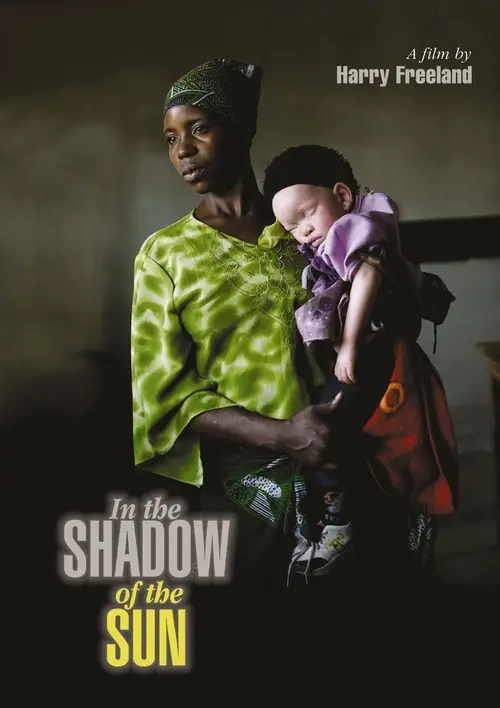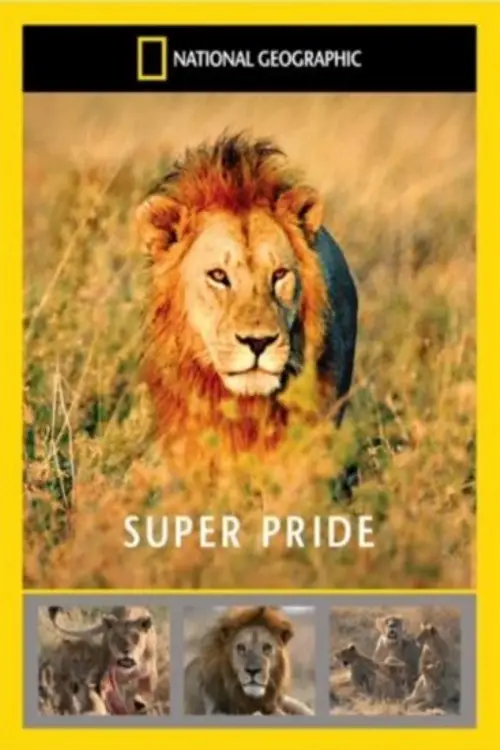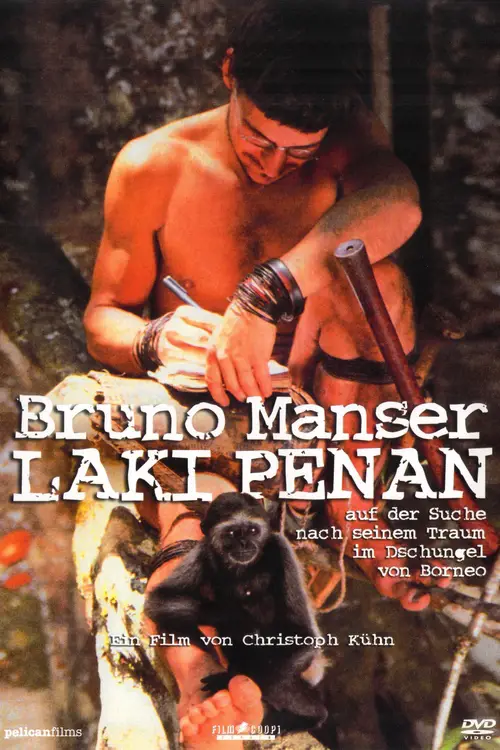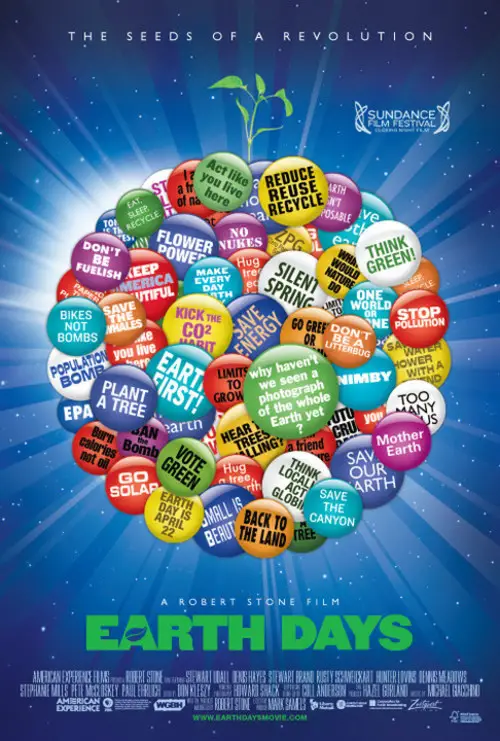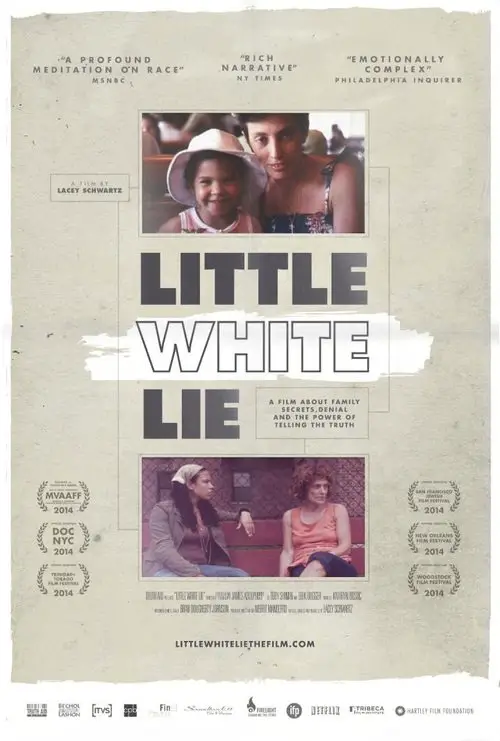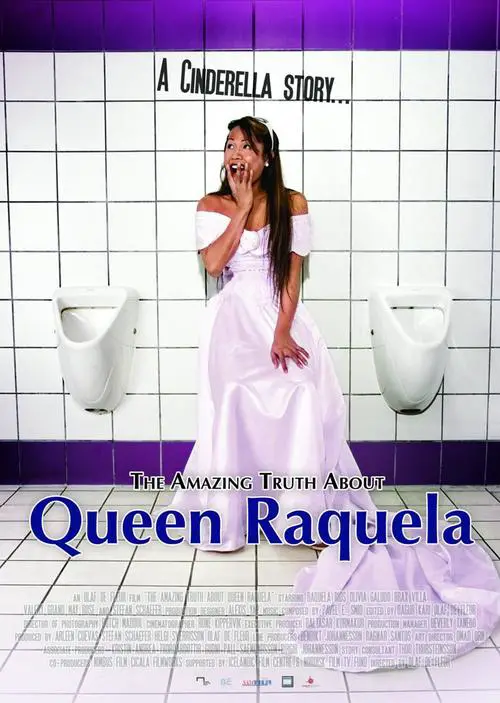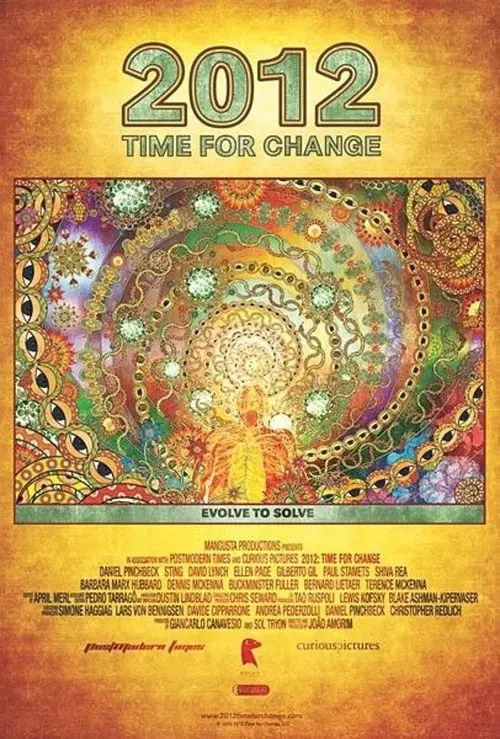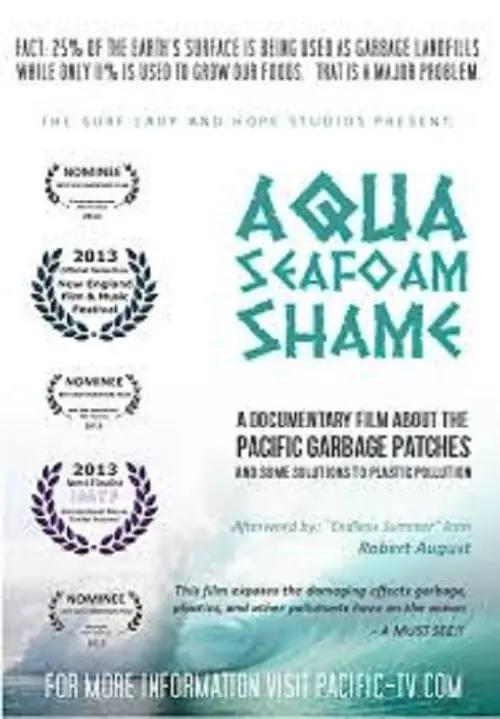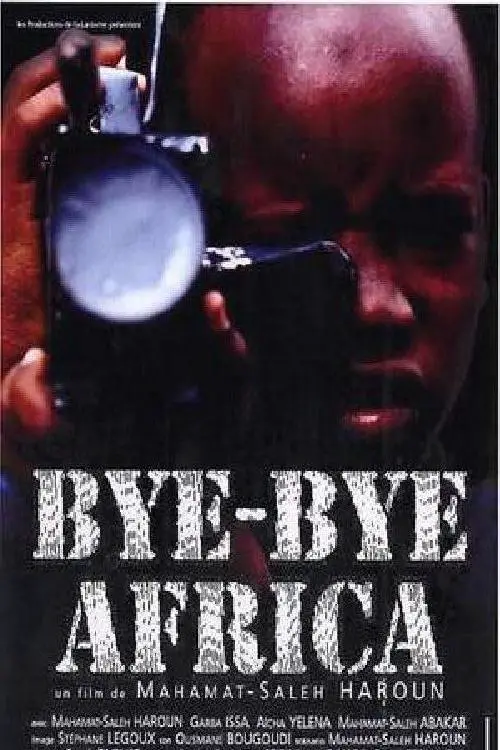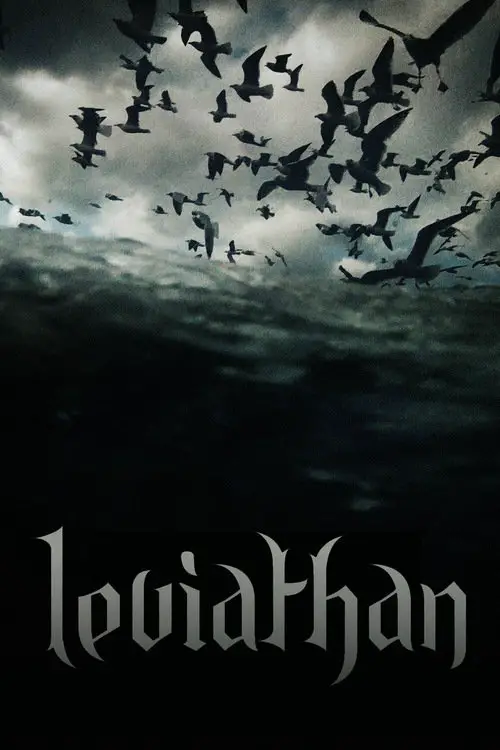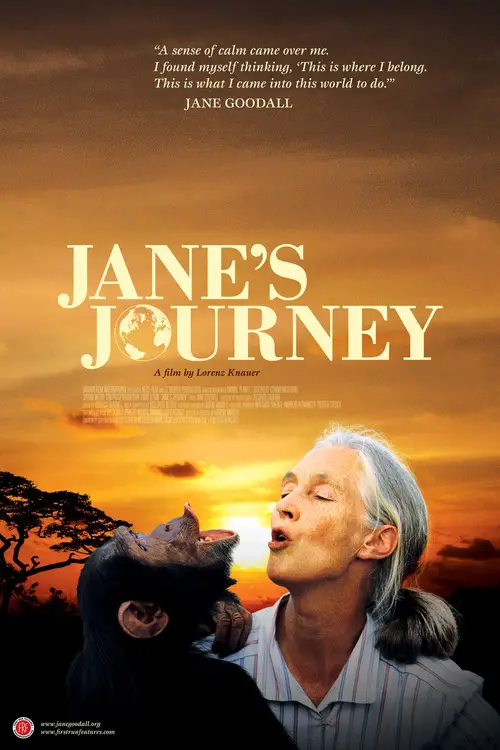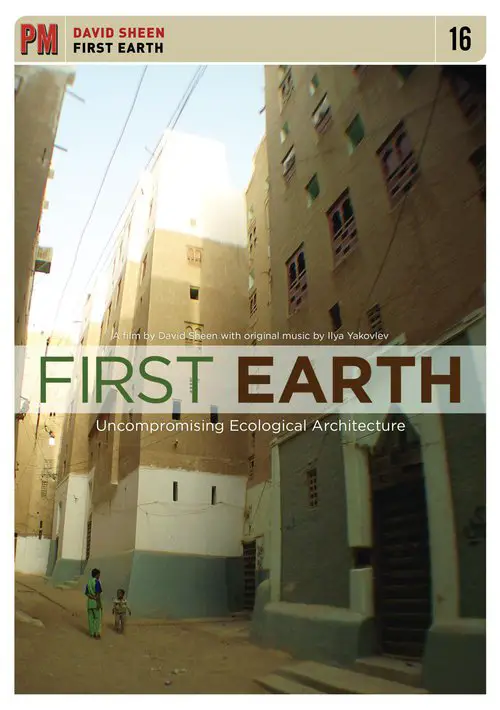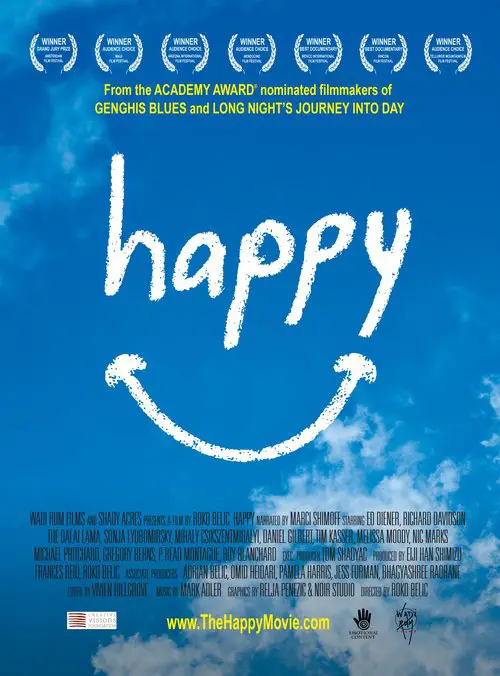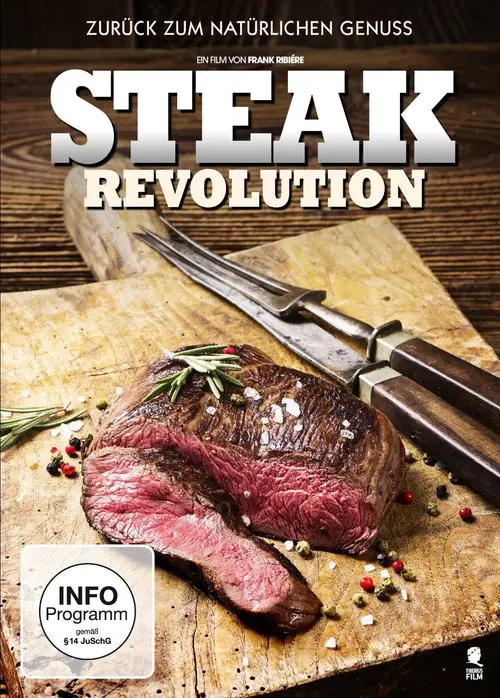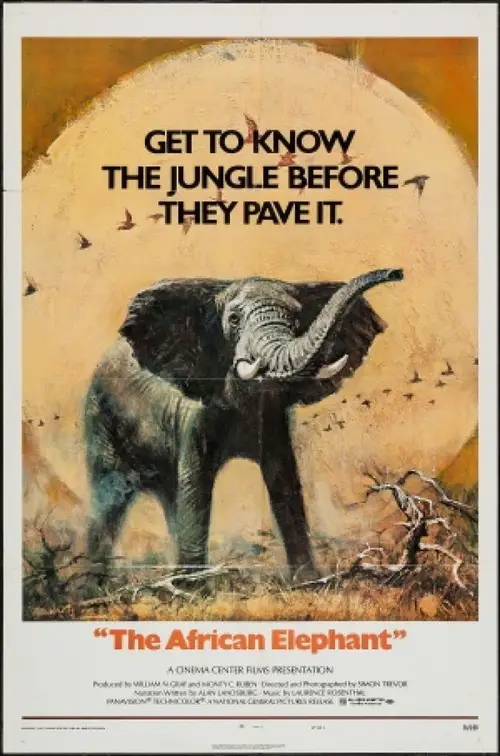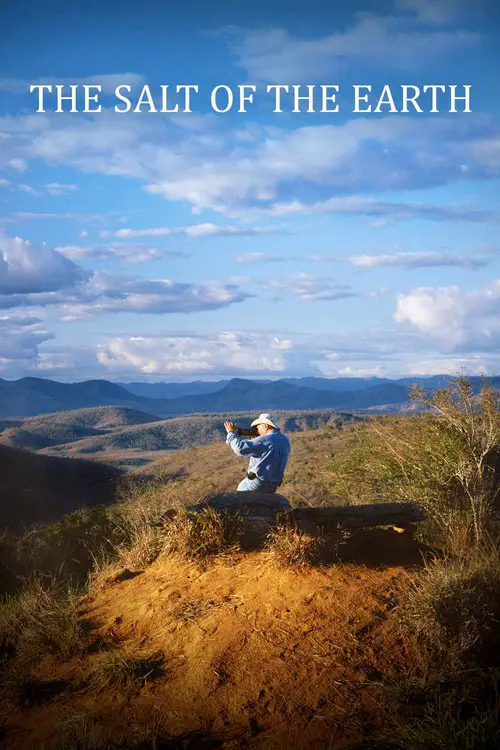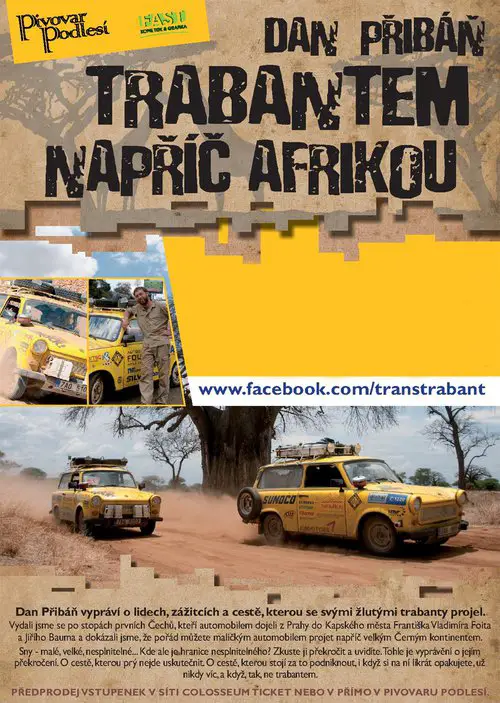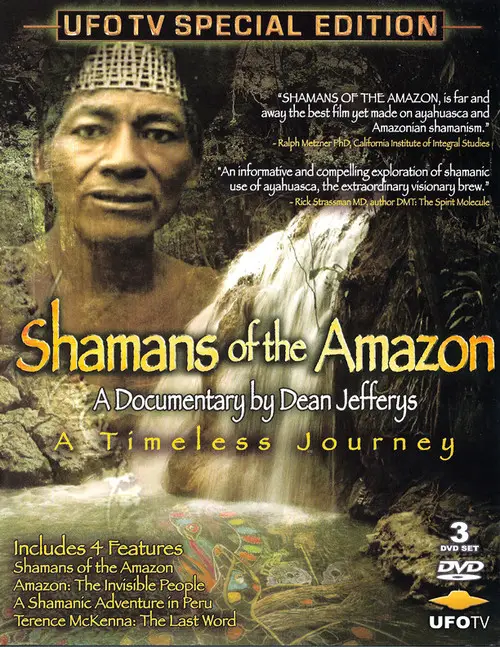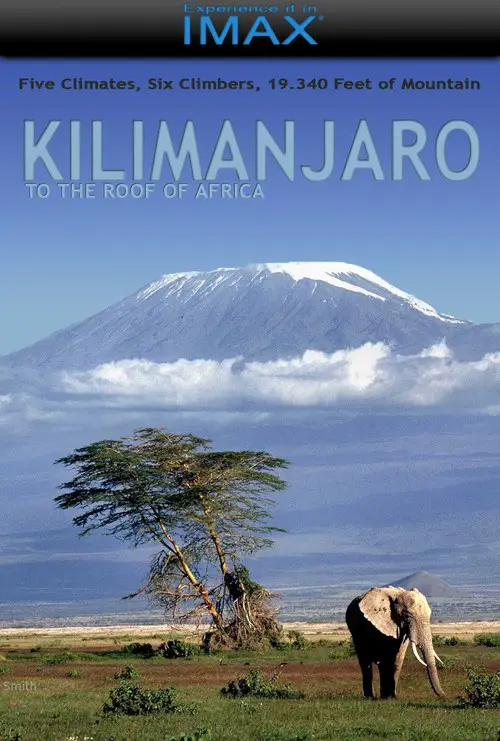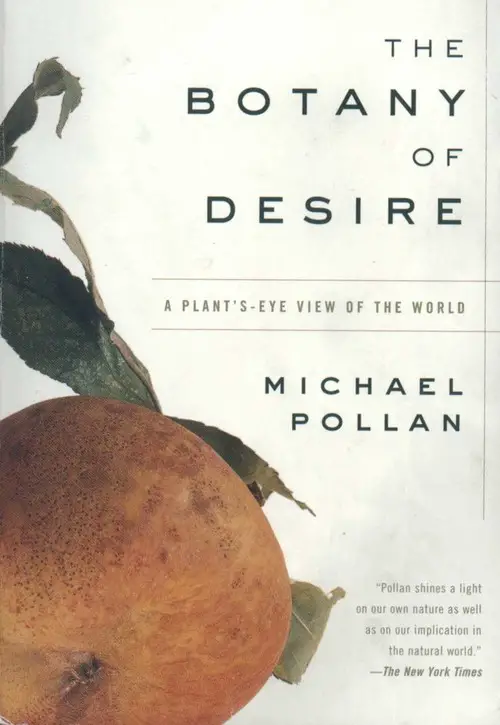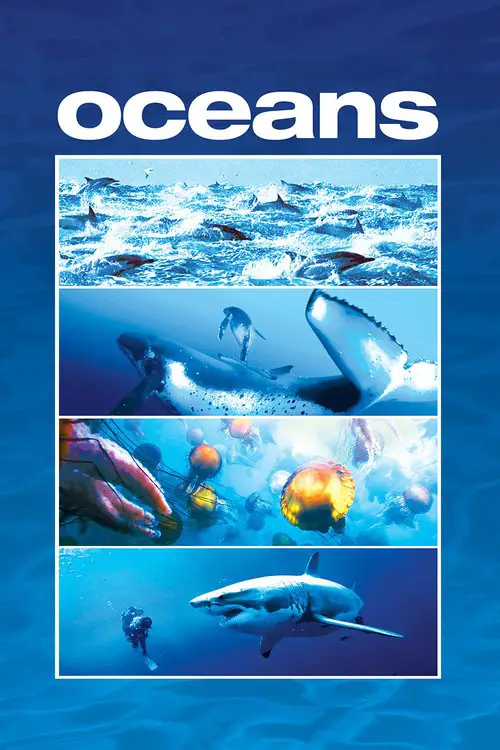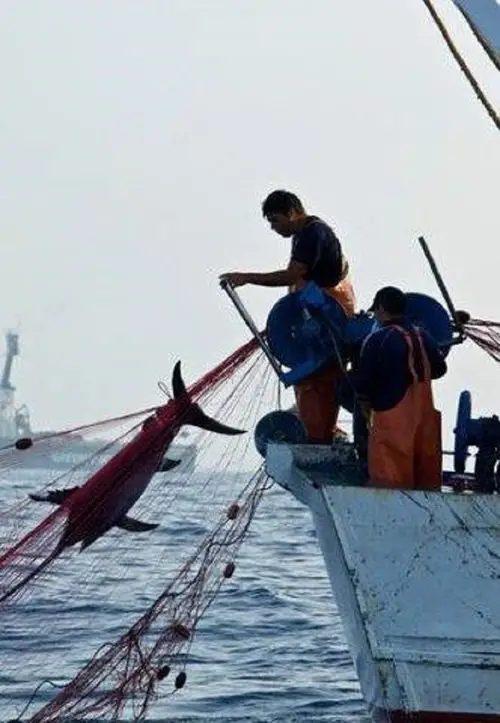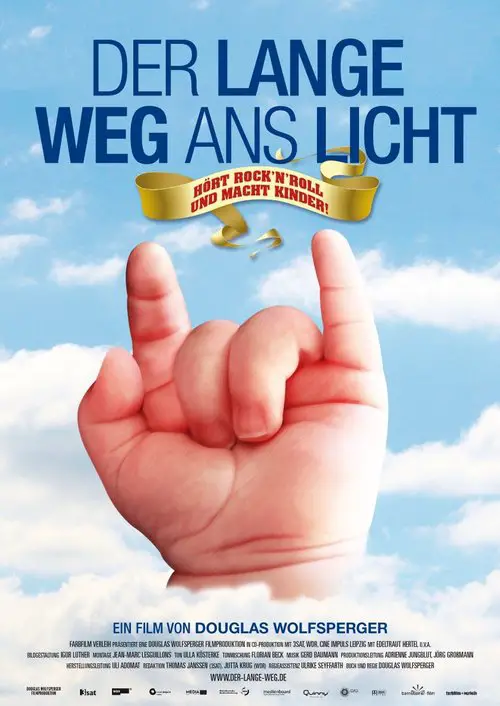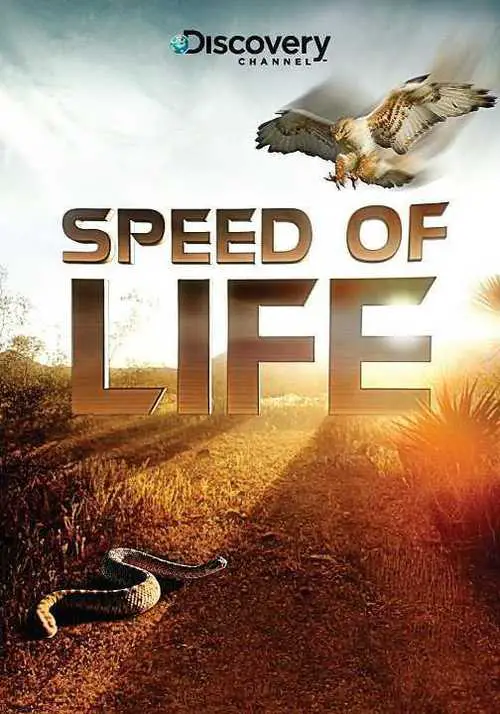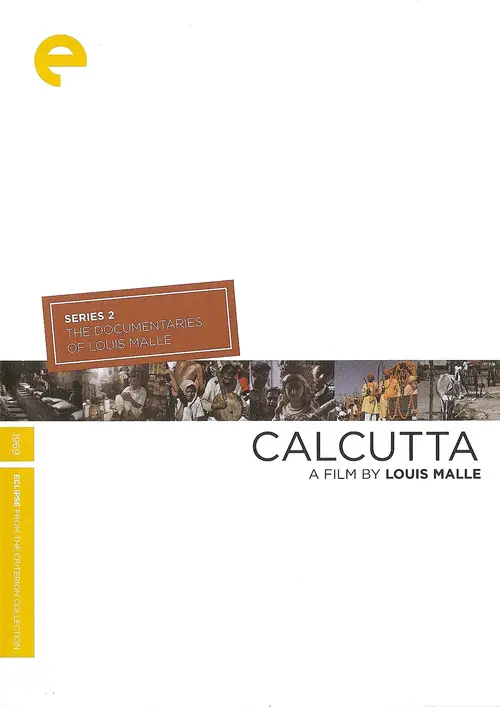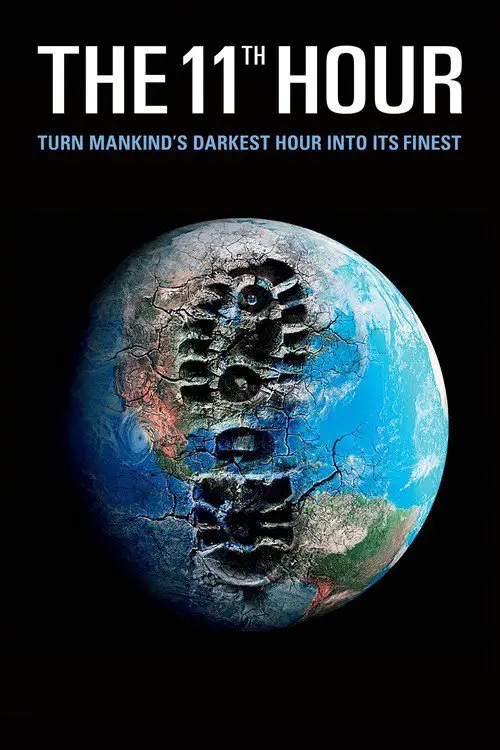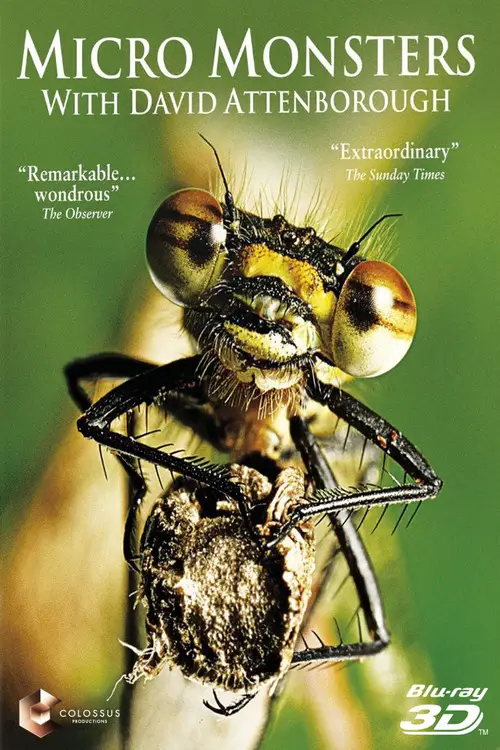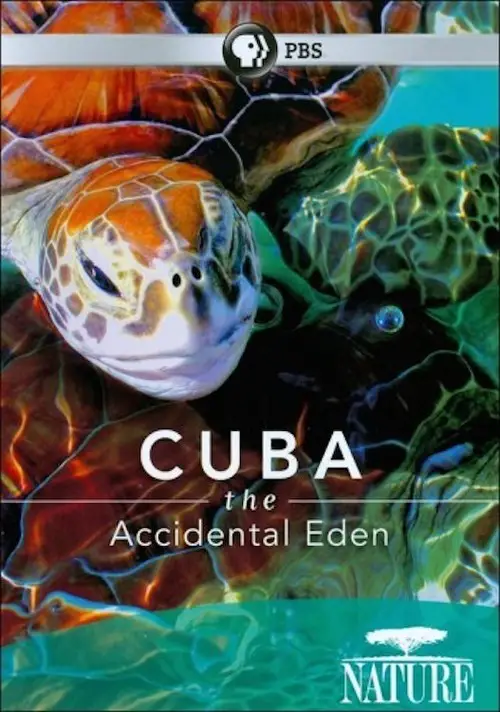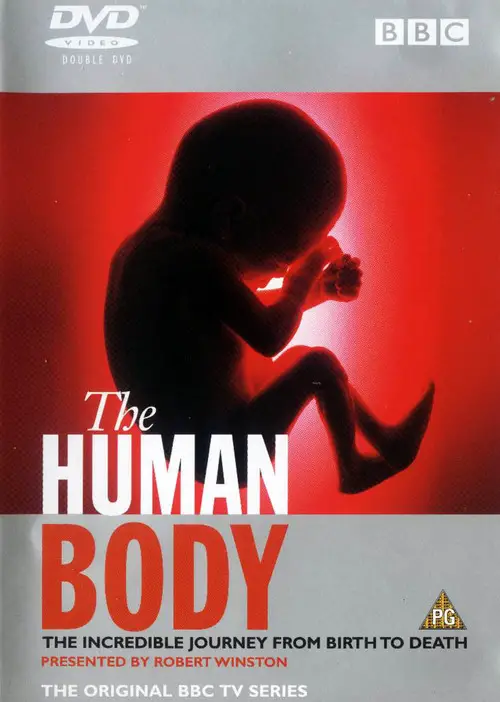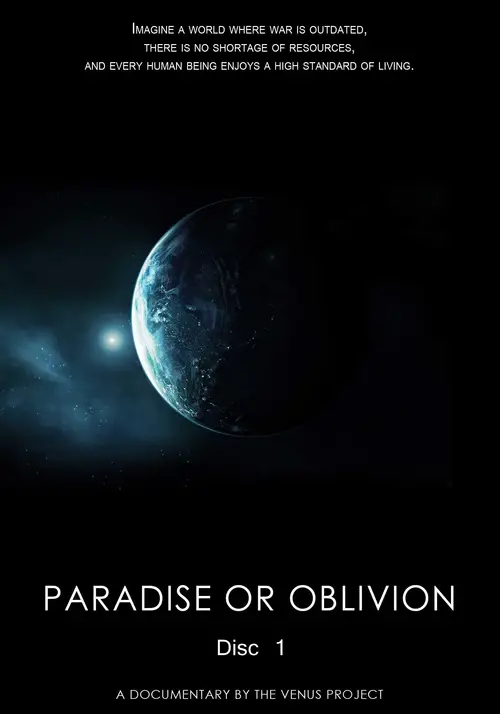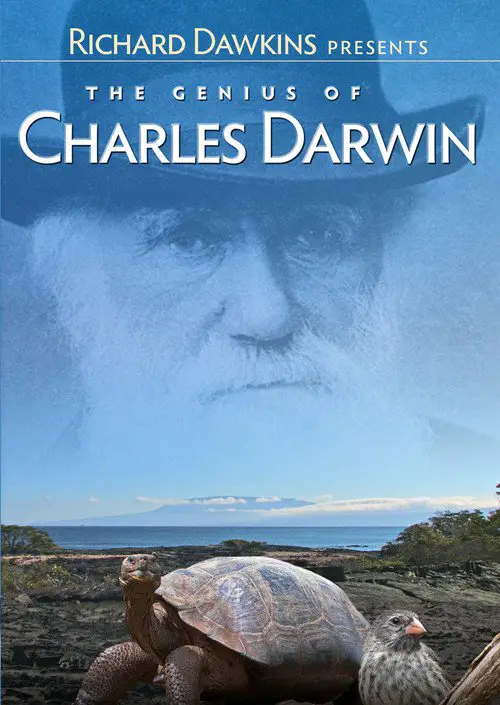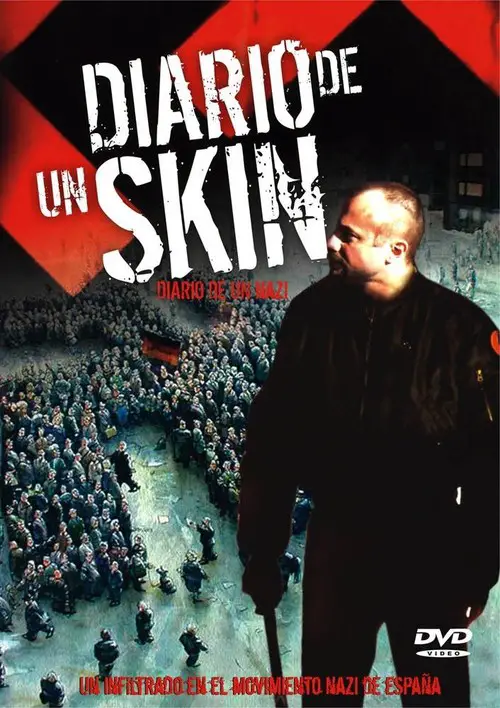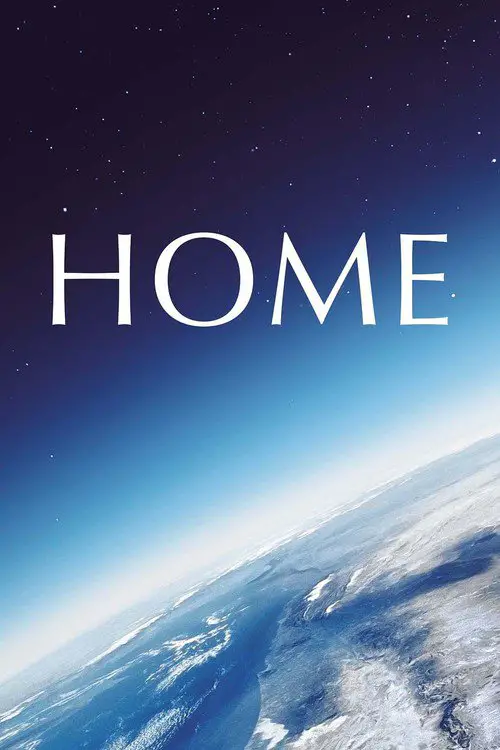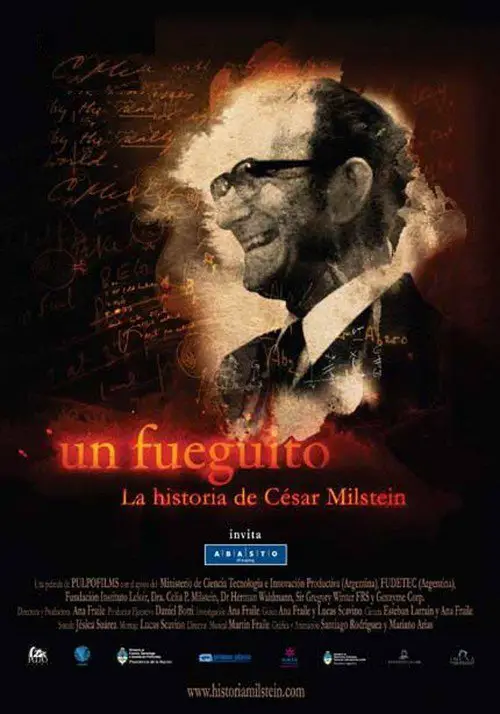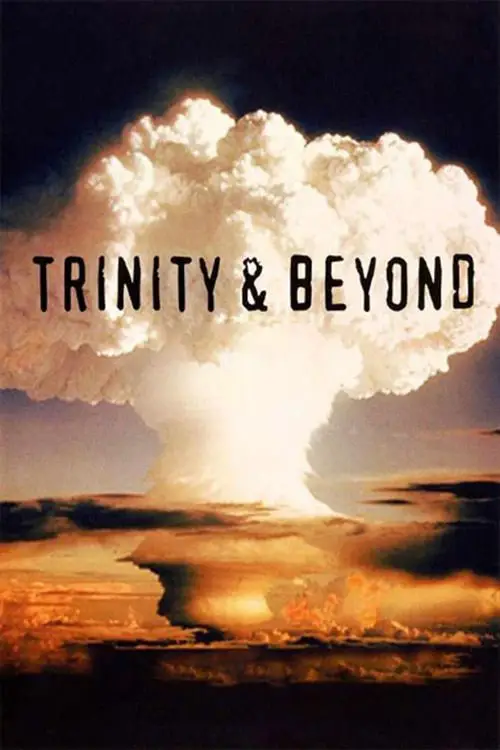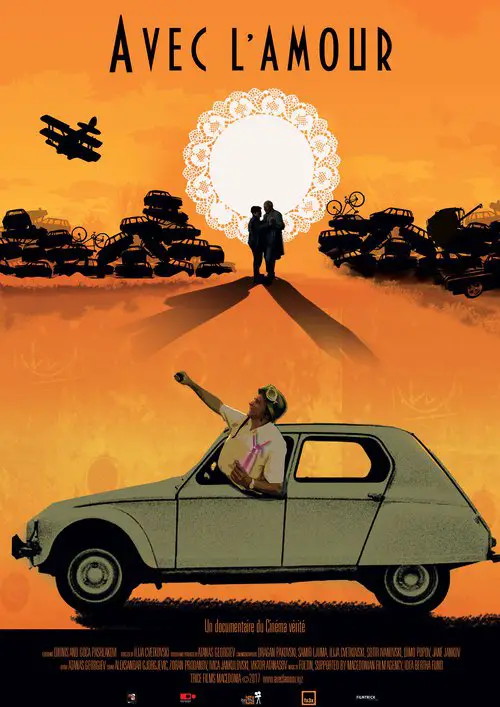Darwin's Nightmare (2004)
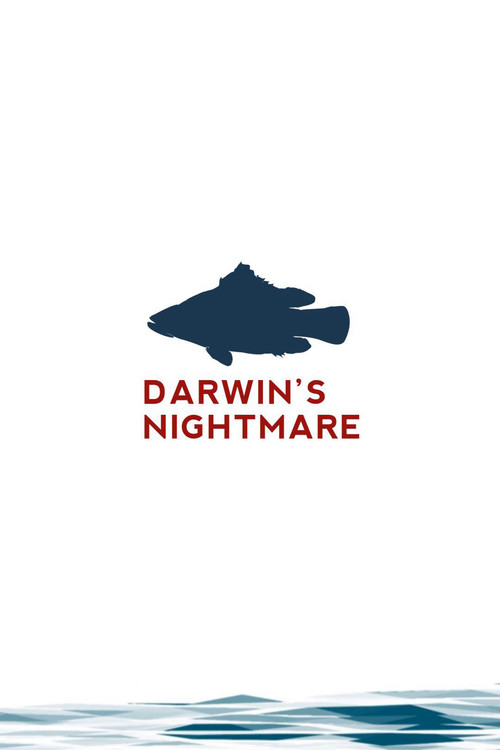
Similar movies
African Cats captures the real-life love, humor and determination of the majestic kings of the savanna. The story features Mara, an endearing lion cub who strives to grow up with her motherâs strength, spirit and wisdom; Sita, a fearless cheetah and single mother of five mischievous newborns; and Fang, a proud leader of the pride who must defend his family from a once banished lion.
Imagine an ocean without fish. Imagine your meals without seafood. Imagine the global consequences. This is the future if we do not stop, think and act.In the film we see firsthand the effects of our global love affair with fish as food.It examines the imminent extinction of bluefin tuna, brought on by increasing western demand for sushi; the impact on marine life resulting in huge overpopulation of jellyfish; and the profound implications of a future world with no fish that would bring certain mass starvation.Filmed over two years, The End of the Line follows the investigative reporter Charles Clover as he confronts politicians and celebrity restaurateurs, who exhibit little regard for the damage they are doing to the oceans.Filmed across the world â from the Straits of Gibraltar to the coasts of Senegal and Alaska to the Tokyo fish market â featuring top scientists, indigenous fishermen and fisheries enforcement officials, The End of the Line is a wake-up call to the world.
Geologist Ian Stewart explain in three stages of natural history the crucial interaction of our very planet's physiology and its unique wildlife. Biological evolution is largely driven bu adaptation to conditions such as climate, soil and irrigation, but biotopes were also shaped by wildlife changing earth's surface and climate significantly, even disregarding human activity.
In a remote and forgotten wilderness, one of nature's last great mysteries unfolds: the birth, life and death of a million crimson-winged flamingos. Against a dramatic backdrop of never-before filmed landscapes, these secretive birds struggle to survive and prevail over danger and fate. This inspiring story, set in the extraordinary 'otherworld' of Lake Natron in northern Tanzania, the cradle of humankind, reminds us: here on earth is a universe waiting to be discovered.
'An Ecology of Mind' is a filmic portrait of anthropologist, biologist, and psychotherapist Gregory Bateson. Bateson believed that, 'The major problems in the world are the result of the difference between the way nature works and the way people think.' Seen through the relationship between father and daughter, this documentary is an invitation into 'systems thinking' and interrelationships in the natural world. 'Looking at what holds systems together is a radical step toward sewing the world back together, from the inside.'
Star Wars is no longer science fiction The prospect of Earth being ruled from space is no longer science-fiction. The dream of the original Dr. Strangelove, Wernher von Braun (from Nazi rocket-scientist to NASA director) has survived every US administration since WW2 and is coming to life. Today the technology exists to weaponize space, a massive American industry thrives, and nations are maneuvering for advantage. PAX AMERICANA tackles this pivotal moment. Are war machines already orbiting Earth? Can treaties keep space weapons-free? Must the World capitulate to one super-cop on the global beat? With startling archival footage and unprecedented access to US Air Force Space Command, this elegant, forceful documentary reveals the state of play through generals, space-policy analysts, politicians, diplomats, peace activists, and hawks.
Trek into the hidden battlefields of northern Botswana where lions and spotted hyenas clash in overlapping territories. With never-before-seen footage, much of it filmed at night, you'll uncover an intense and vicious blood feud that has been waged for millennia. Follow the Southern Clan, led by a powerful hyena matriarch whose firstborn female cub kills her sister at birth to assure her succession as leader of the clan. Lurk in the shadows as a lioness from the Central Pride gives birth to three cubs and then encounters a deadly Egyptian cobra. You'll be stunned by breathtaking chase scenes as the hyena matriarch is brutally killed by a male lion, throwing the clan into chaos. Discover nature's savage conflicts in this ancient rivalry.
In Botswana's Okavango Delta, an ostracized lioness and her two cubs must fight alone to survive - overcoming all manner of hazard, from the raging wildfires on the Delta, to the jealousy of sister lionesses, to the marauding males who kill her mate, to the prey that becomes predator. Their only defense is to escape to Duba Island -- and with that, an unknown future. The setting for this epic tale is one of the last regions where lions can live in the wild. Faced with dwindling land and increasing pressure from hunting, lions - like our lone lioness and her cubs - are approaching the brink of extinction.
Did you know that 1% of the white noise you see on old televisions is background radiation from The Big Bang? That the gold on a wedding ring comes from a star that exploded 5 billion years ago? And, that we're connected to the salt water of the first oceans through the water in our bodies? Our human story is actually 14 billion years old and the clues are all around us. This CGI-driven special will tell the history of our world in two hours, an ambitious story that will give surprising connections to our daily lives. From the formation of the earth and the emergence of life, to the advance of man and the growth of civilization, itâs a rapid-fire view of our unforgettable story.
Heâs from a place so old itâs been called the cradle of mankind. Sheâs led a privileged life in America without hardship or pain. Together these two unlikely friends embark upon a journey from the heights of Mt. Kilimanjaro to the depths of an AIDS ravaged village where even the smallest children become outcasts at the mere hint of the disease and malaria is an ever-present threat. As Venance and Kristen experience the ancient culture, heart-breaking poverty, and eternal spirituality of Venanceâs motherland, the ability of the Tanzanian people to love, dream, and persevere in the face of overwhelming hardship triggers a life-changing transformation in Kristenâone that brings her face to face with her own mortality and will ultimately cause thousands of lives to be saved. Tanzania: A Journey Within is a dramatic, emotional, and visually stunning odyssey that will challenge and inspire you.
A documentary of insect life in meadows and ponds, using incredible close-ups, slow motion, and time-lapse photography. It includes bees collecting nectar, ladybugs eating mites, snails mating, spiders wrapping their catch, a scarab beetle relentlessly pushing its ball of dung uphill, endless lines of caterpillars, an underwater spider creating an air bubble to live in, and a mosquito hatching.
It is not easy to be an albino in Tanzania. White skin is distinguishable and it burns quickly under the African sun. However, the constant fear is by far the worst part. According to local superstition, albino body parts bring wealth and luck; hence witch doctors pay generously for a leg or an arm.
Humanityâs ascent is often measured by the speed of progress. But what if progress is actually spiraling us downwards, towards collapse? Ronald Wright, whose best-seller, âA Short History Of Progressâ inspired âSurviving Progressâ, shows how past civilizations were destroyed by âprogress trapsââalluring technologies and belief systems that serve immediate needs, but ransom the future. As pressure on the worldâs resources accelerates and financial elites bankrupt nations, can our globally-entwined civilization escape a final, catastrophic progress trap? With potent images and illuminating insights from thinkers who have probed our genes, our brains, and our social behaviour, this requiem to progress-as-usual also poses a challenge: to prove that making apes smarter isnât an evolutionary dead-end.
The Serengeti, in northern Tanzania, teems with big predators. But none compare to the lion. The Serengeti sustains one of the biggest lion populations in Africa: approximately 3,500 lions in 300 prides. But this pride, residing in the central Serengeti, is an exception. 22 lions in all: they are a Super Pride. Few lion prides reach Super Pride status. This phenomenon requires the right conditions. Plentiful prey and strong pride males are key to its success. But keeping cubs alive to maturity is the Super Pride's ultimate goal. Sometimes the greatest threats to a lion cub's life come from other lions...
The documentary retraces the steps of Bruno Manser, a man from Switzerland who went to live with the indigenous tribe of the Penan in the Jungle of Borneo and endef up helping their struggle to defend their rainforest against greedy logging companies. The movie features original film, photo and voice recordings by Bruno Manser made in the 1980s, as well as new recordings showing how the life of the Penan has changed in just a few decades.
The struggle to eradicate apartheid in South Africa has been chronicled over time, but no one has addressed the vital role music plays in this challenge. This documentary by Lee Hirsch recounts a fascinating and little-known part of South Africa's political history through archival footage, interviews and, of course, several mesmerizing musical performances.
Little White Lie tells Lacey Schwartz's story of growing up in a typical upper-middle-class Jewish household in Woodstock, NY, with loving parents and a strong sense of her Jewish identity â despite the open questions from those around her about how a white girl could have such dark skin. She believes her family's explanation that her looks were inherited from her dark-skinned Sicilian grandfather. But when her parents abruptly split, her gut starts to tell her something different. At age of 18, she finally confronts her mother and learns the truth: her biological father was not the man who raised her, but a black man named Rodney with whom her mother had had an affair. The Filmmakers Lacey Schwartz Producer/Director Mehret Mandefro Producer James Adolphus Co-Director http://www.itvs.org/films/little-white-lie
If Michael Moore were a lady who went after companies who still produce plastic, when the Pacific Garbage Patch is now the size of the continental United States. This Pacific Ocean Trash Vortex by Hawai'i is a more serious issue than any war, economic, or ecologic crisis facing the planet today. We hereby document the process by which conscientious companies, some because of our encouragement, switch from plastic to a more sustainable alternative. A David and Goliath project by night; Sisyphus by day.
A Chadian film director who lives and works in France (Haroun) returns home upon the death of his mother. He is shocked at the degraded state of the country and the national cinema. The filmmaker decides to make a film dedicated to his mother entitled Bye Bye Africa but immediately encounters major problems. Cinemas have closed and financing is impossible to secure. The director reunites with an old girlfriend (Yelena), who was shunned by Chadians who could not distinguish between film and reality after appearing in one of his previous films as an HIV victim. Haroun learns about the destruction of the African cinema from directors in neighboring countries, but also finds Issa Serge Coelo shooting his first film, Daressalam. Things go badly and, convinced that it is impossible to make films in Africa, Haroun departs Chad in despair, leaving his film camera to a young boy who had been assisting him.
A feature length documentary which invites the viewer to rediscover an enchanted cosmos in the modern world by awakening to the divine within. The film examines the re-emergence of archaic techniques of ecstasy in the modern world by weaving a synthesis of ecological and evolutionary awareness,electronic dance culture, and the current pharmacological re-evaluation of entheogenic compounds.
It would be hard to name anyone who has had more of an impact in the realm of animal research and wildlife conservation than Jane Goodall, whose 45 year study of wild chimpanzees in Africa is legendary. In Jane's Journey, we travel with her across several continents, from her childhood home in England, to the Gombe National Park in Tanzania where she began her groundbreaking research and where she still returns every year to enjoy the company of the chimpanzees that made her famous. Featuring a wide range of interviews and spectacular footage from her own private collection, Jane's Journey is an inspiring portrait of the private person behind the world-famous icon.
FIRST EARTH is a documentary about the movement towards a massive paradigm shift for shelter - building healthy houses in the old ways, out of the very earth itself, and living together like in the old days, by recreating villages. An audiovisual manifesto filmed over the course of 4 years and 4 continents, FIRST EARTH makes the case that earthen homes are the healthiest housing in the world; and that since it still takes a village to raise a healthy child, it is incumbent upon us to transform our suburban sprawl into eco-villages, a new North American dream.
Happy is a 2011 feature documentary film directed, written, and co-produced by Roko Belic. It explores human happiness through interviews with people from all walks of life in 14 different countries, weaving in the newest findings of positive psychology. Director Roko Belic was originally inspired to create the film after producer/director Tom Shadyac (Liar, Liar, Patch Adams, Bruce Almighty) showed him an article in the New York Times entitled "A New Measure of Well Being From a Happy Little Kingdom". The article ranks the United States as the 23rd happiest country in the world. Shadyac then suggested that Belic make a documentary about happiness. Belic spent several years interviewing over 20 people, ranging from leading happiness researchers to a rickshaw driver in Kolkatta, a family living in a "co-housing community" in Denmark, a woman who was run over by a truck, a Cajun fisherman, and more.
The Endless Summer, by Bruce Brown, is one of the first and most influential surf movies of all times. The film documents American surfers Mike Hynson and Robert August as they travel the world during Californiaâs winter (which back in 1965 was off-season for surfing) in search of the perfect wave and an endless summer.
Far from intensive farming and industrial output, a revolution is already under way; good red meat has become a rare, indeed, luxury product. But where is the world's best steak found? Franck Ribière and his favorite butcher, Yves-Marie Le Bourdonnec, generous, charming, and ecological, set out to meet the new players in the field to try to understand what makes a cut of meat good.
African Elephant originally played in theatres as King Elephant.. The film is a straightforward, well-photographed documentary concentrating on....well, look at the title. Avoiding the obvious, filmmaker Simon Trevor focuses on the more curious aspects of elephant life. In addition to the mighty pachyderm, we are given intriguing glimpses of other forms of African wildlife. African Elephant has no overt ecological ax to grind, but the preservationist message is there by implication.
During the last forty years, the photographer Sebastião Salgado has been travelling through the continents, in the footsteps of an ever changing humanity. He has witnessed the major events of our recent history ; international conflicts, starvations and exodus⦠He is now embarking on the discovery of pristine territories, of the wild fauna and flora, of grandiose landscapes : a huge photographic project which is a tribute to the planet's beauty. Sebastião's Salgado's life and work are revealed to us by his son, Juliano, who went with him during his last journeys, and by Wim Wenders, a photographer himself.
SHAMANS OF THE AMAZON is a personal account of filmmaker Dean Jefferys as he returns to the Amazon with his partner and one year old daughter. They journey deep into the Ecuadorian rainforest to learn about and experience the ancient ayahuasca healing ceremony. The film brings to the viewer an intimate and fascinating look at the shamans of the Amazon, and the life that is threatened by ecological destruction.
Follows five trekkers and a local Chagga guide to the top of Kilimanjaro, the largest freestanding mountain in the world. Along their journey this diverse group of trekkers encounter strange landscapes and endure harsh conditions as they travel through five climate zones ranging from the lower rainforest reaches of Kilimanjaro to the summit's arctic glaciers.
Featuring Michael Pollan and based on his best-selling book, this special takes viewers on an exploration of the human relationship with the plant world -- seen from the plants' point of view. Narrated by Frances McDormand, the program shows how four familiar species -- the apple, the tulip, marijuana and the potato -- evolved to satisfy our yearnings for sweetness, beauty, intoxication.
From space, our planet appears as a tiny blue dot in the vastness of space. Blue, because 99% of all living space on Earth occurs in the Ocean. But the seas are under threat. The industrialization that has occurred in the oceans over the last century mirrors the events that triggered mass extinctions on land. As we learn of the ecological crimes occurring worldwide, we also uncover the shocking truths happening on our own shorelines.
A look at the state of the global environment including visionary and practical solutions for restoring the planet's ecosystems. Featuring ongoing dialogues of experts from all over the world, including former Soviet Prime Minister Mikhail Gorbachev, renowned scientist Stephen Hawking, former head of the CIA R. James Woolse
Cuba's political and economic exile has yielded a startling upside: A pristine island preserve boasting one of the most diverse and primordial ecosystems in the region. But how will nature fare if the U.S. trade embargo ends and tourists pour in? This episode of the PBS series observes jumping crocodiles, painted snails and other famed residents while profiling the unsung scientists who are studying and protecting the creatures' idyllic habitats.
Paradise or Oblivion is a free online documentary produced by the Venus Project. This documentary details the root causes of the systemic value disorders and detrimental symptoms caused by our current established system. The film advocates a new socio-economic system, which is updated to present-day knowledge, featuring the life-long work of Social Engineer, Futurist, Inventor and Industrial Designer Jacques Fresco, which he calls a Resource-Based Economy. Paradise or Oblivion by the Venus Project introduces the viewer to a more appropriate value system that would be required to enable this caring and holistic approach to hhuman civilisation. This alternative surpasses the need for a monetary-based, controlled scarcity environment we find ourselves in today.
A documentary series from Channel 4, hosted by professor Richard Dawkins, well-known darwinist. The series mixes segments on the life and discoveries of Charles Darwin, the theory of natural selection and evolution, and Dawkins' attempts at convincing a group of school children that evolution explains the world around us better than any religion.
It narrates the life of the last argentine who won the Nobel Prize, César Milstein. Perfect combination of science and adventure. This documentary traces through memories, anecdotes and descriptions, , how a scientist feels and how an adventurer thinks. An intensive course that shows his life from childhood in a family in southern Argentina, to his adult life in Cambridge (England) and his adventures in the mountains, islands and pyramids. Since 1963, their questions and discoveries have produced countless benefits, resulting in applications in medicine, biology and immunology, are major advances in basic scientific knowledge. César Milstein, a great scientist, whom colleagues describe him as a good fellow, hardworking and tenacious. His greater certainty was that, without adventure, would not science.
"Trinity and Beyond" is an unsettling yet visually fascinating documentary presenting the history of nuclear weapons development and testing between 1945-1963. Narrated by William Shatner and featuring an original score performed by the Moscow Symphony Orchestra, this award-winning documentary reveals previously unreleased and classified government footage from several countries.
© Valossa 2015–2026
| Privacy Policy
